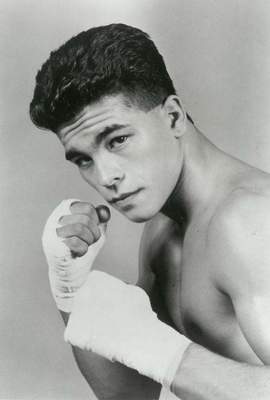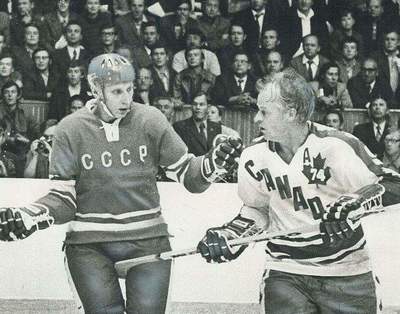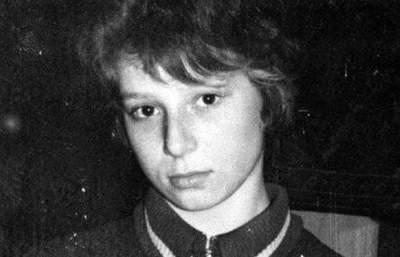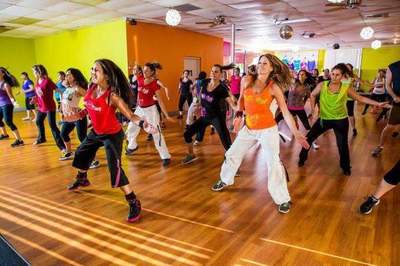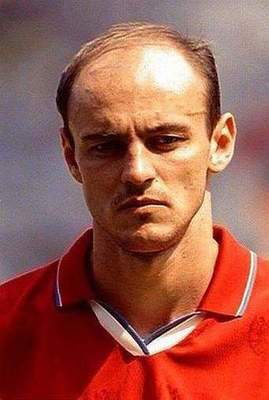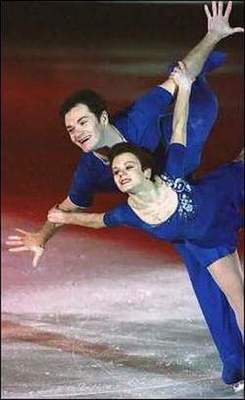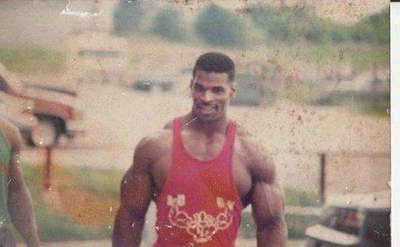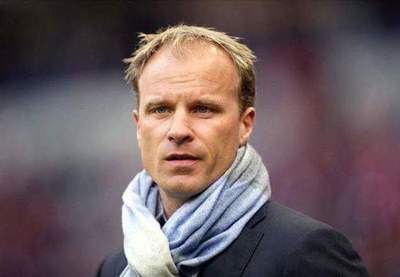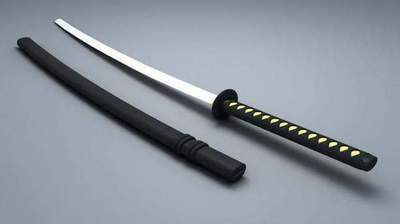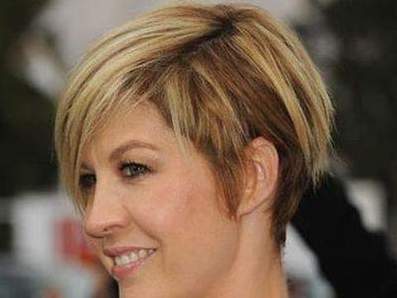The most modern and progressive kindergartens today
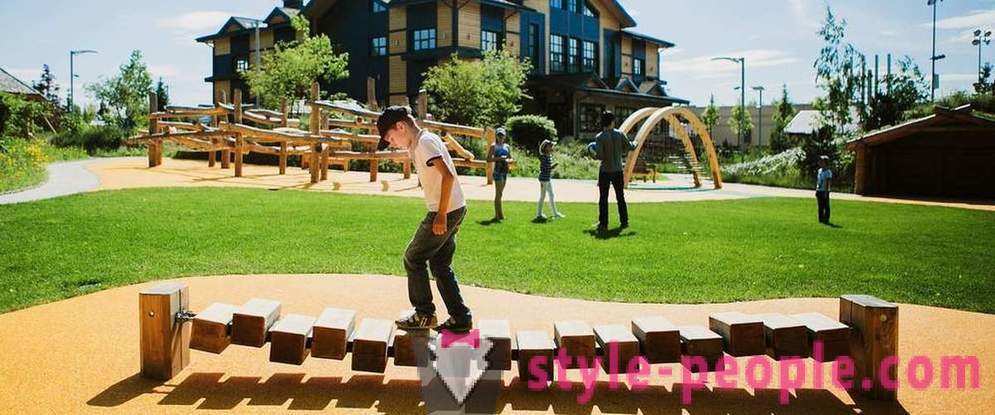
Developing games, sensitivity and implementation of desires - the main components of a new type of kindergartens
Modern kindergarten - this is not a place for "overexposure" little fidgets. Parents want their children were not just under the supervision, while mom and dad are busy. In the concept of childhood appears.
It seems that a lot of concepts. The site of the Federal Institute of Education Development (FIRO) posted 27 Frameworks for doshkolki, based on which one can write their own. They are all somehow suggest the creation of conditions for high-grade childhood living and harmonious development. However, some said a senior expert in the field of education the World Bank Tigran Shmis, focusing more on the teacher, the other - on the child. Program of the first type is still working, most Russian kindergartens. "Activities like the school and are based on common standards that children should learn. The child can only follow the course "- says a leading researcher at the FIRO-RANHiGS Vladimir Zagvozdkin.
But the modern educational standards, in force since 2014, supports the program, which stands in the center of the child. The gardens are a new type of kids playing, develop research and communication. In a dialogue with adults they are involved in planning their lessons. The garden can use different techniques and methods: a truly innovative program can not be implemented formulaic way, says Zagvozdkin. "This system is new for us, and we are just learning to work in it", - he said. We selected six interesting and demonstration projects.
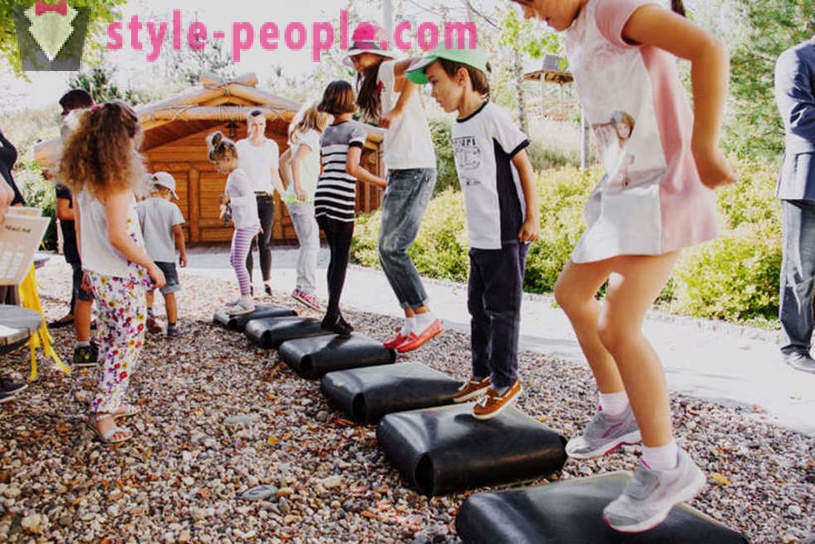
Children's club Wunderpark
Greyhounds village, Moscow region
Entrance fee 100 000
Fee: 115 000 rubles per month
This club opened in 2013. Marina Mordashov - wife of the owner of "Severstal". The idea occurred to her, after a long search for a suitable development center for the older daughter. Husband ordered "to do and nothing to fear," wrote Tatler. "Multi-colored billboards, screaming advertising of kindergartens on the Internet promise to make your child not just a good man, and a child prodigy, and almost the Nobel laureate from an early age - said Mordashov, presenting the project in the main column Wunderpark editor. - In fact, the pursuit of money leads to the creation of a completely intolerable for training programs and conditions for children. " Raising children in her club is performed in parallel on two programs of early development: the Russian "Paths" and the UK The International Early Years Curriculum. "Paths" - one of those programs that have appeared after the introduction in Russia of a new educational standard in 2014. The standard is considered one of the most progressive in the world, there are many innovations such as support for children's initiatives, the development of communication with the child's family, the introduction of the principles of equality with respect to all participants in the educational process. Both programs allow you to develop a child's harmonious personality, willing to learn, communicate and acknowledge their successes, noted on the site. "Children have formed productive imagination, curiosity, focus on the other person's position, strong-willed qualities, elements of reflection", - said the representative of the studio.
In Wunderpark huge infrastructure for children's development. There is an interactive "City trades", a football field with professional covering, garden of sounds and textures of the garden, and bungee trampolines and even a real helicopter MI-2. During the day, here are engaged in cooking, Lego education and art disco, pose puppet shows and play interactive Montessori zones.
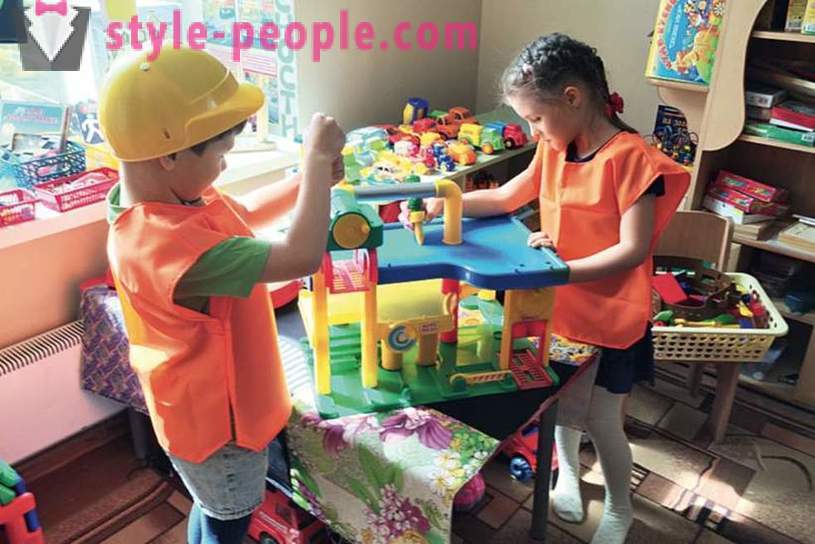
MDOU "Nekouz Kindergarten №3"
New Nekouz village, Yaroslavl Region
Fee: 92 rubles per day
Here implemented one of the youngest kindergarten programs - "threaded" created "by the University of childhood" in 2017, and at the same time taken to test a kindergarten in New Nekouz.
The program has Russian roots: it is based on principles developed by the famous Soviet psychologist Lev Vygotsky (by the way, the works of Vygotsky recognized in the West - for example, they are based on some of the US educational programs). Vygotsky believed that education - an active process with three parties: an independent child, the teacher, who observes and assists, and the medium between the two. Therefore, the teacher tells Aida Askerov, teachers asked the children what they would like to see his garden, and embody the wishes of children with their parents. Thus, the Group were containers for storing personal treasures and children's plans, they write in the day. A toys and materials teachers placed in such a way that children can independently use them in active time, and then clean up the place. The leading role in the program given the plot-role-playing game (unlike, for example, from the Montessori pedagogy that develops the effect of such games negates). "In the game everyone is equal, in a child's game develops creativity, ability to cooperate, to act in a changing environment, do not be afraid to express themselves," - says Ekaterina Rybakova, president of "Rybakov Fund". In Nekouz kindergarten to organize the game can not in one special place, and in the most different: centers letters and letters, the plot-role-playing games, science, arts, construction, mathematics and manipulative games, exercise, or in an open area. Children themselves choose the area of activity, which will run throughout the day, plan their activities, formulating a plan in writing: signs, symbols, sentences. And are responsible for their choices and results. "Gradually, the children have learned to cope with the selection and planning, - said Askerov. - This work style has become familiar and interesting because they act in accordance with their wishes. "
Changing attitudes to child - so that the Russian system of preschool education, he became the subject rather than the object - is not only adult opinion, but also how the child himself perceives himself, says Ekaterina Rybakova. "Does he realize that he did not have an external locus of control, and the internal, not someone else, but he controls their actions and emotions? And able to see the connection between his action and the result? Teach - a problem of modern specialists doshkolki: it is important to develop a child's ability to plan, flexible thinking, self-control, concentration and inhibition. "
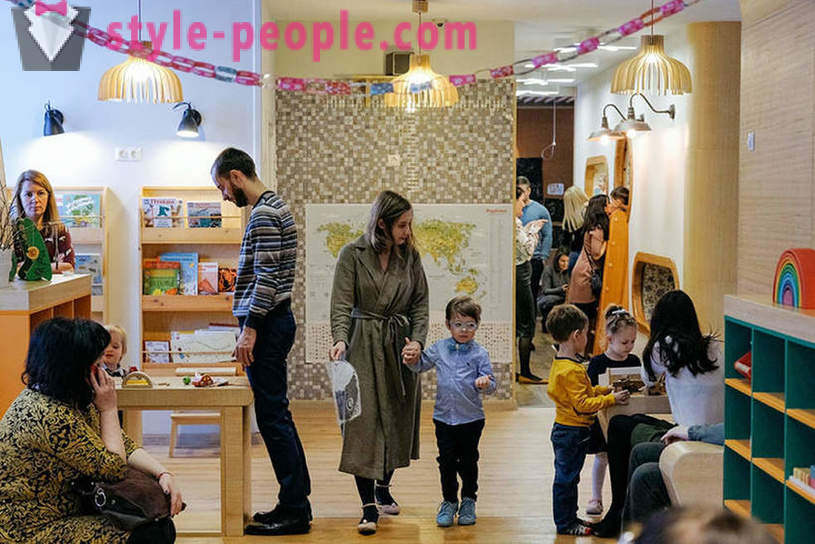
Kids Club "I'm at the Lodge"
St. Petersburg
Fee: from 40 000 rubles
"When we speak of" kindergarten ", the picture appears in the majority of the same: stately educators, group rooms," child "colors, from which it becomes sad. We wanted something completely different - says the author of the concept and the head of kindergarten "I'm at the Lodge" Dasha Pautov, popularizer of free education. Over her shoulders - 9 years of school non-formal education Dima Zitser "Orange" (author of the book "Love can not bring up"). What does "free pedagogy"? Pautov in favor of respect for childhood, for the development of cognitive interest as the basis for successful learning and self-understanding. For the value of boundaries, and their associates. She believes that it is necessary to give the child the opportunity to explore a variety of activities, based on its needs. "I want it three days in a row to play Lego and fiddle with water - albeit, it is not necessary to forcibly carry away other activities. He has enough of, will understand and will continue ", - explains Pautov.
"I'm in the house" - a special kids club, which opened the first branch in 2016 in Ust-Uzhore near St. Petersburg, and a second and a half years - in a new building in the center of the northern capital. club space was originally intended as an important component of the educational process. For Russia, this innovative approach, although the idea that the environment - the third teacher after parents and carers - is a powerful trend in the design of educational spaces around the world, who came from the Italian Reggio pedagogy.
Among the challenges faced by the architect of the "house" Andrei Strel'chenko (premises were built from the ground up), there were an open floor plan, lots of light and space, the ability of children to move around the space and engage in various activities, but also to find a place for solitude. In Ust-Uzhore, for example, it is embodied in the cozy wooden "burrows", an idea which was podsmotrena in Finnish office buildings - where you can go into a "mink" to work or relax. If space itself is really cool, it is not necessary to do special children, flirting with a child - you just create all proportionate to him, said Dasha Pautov.
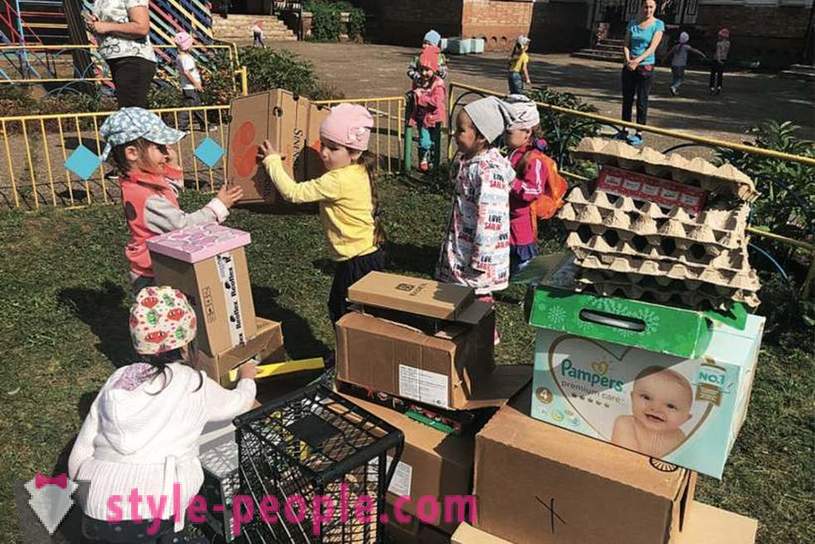
Public kindergartens Almetyevsk
Tatarstan
Fee: 3565 rubles per month
As many as forty-three kindergarten Tatar Al'met'evsk guided by the quality assessment system educational work based on the Early Childhood Environment Rating Scales (ECERS). These scales are considered to be one of the most valid instruments in the world. They are arranged chelovekotsentrichnye priorities and assess not the results achieved by the children, and the conditions for their development. Priorities ECERS - the principles of child participation, enriched environment and emerging literacy. Participation - it's about the fact that any part of the children's space and any activity must have a child sense. Enriched environment - a space with a variety of equipment for the game and the development in the public domain. Toys can be taken not to those who ate the porridge, and everything, and whenever you want. And the concept of emerging literacy describes how children interact with characters that precede reading and writing in school. This is not the study, but the development of the position of a competent person. Program, launched in 2016, funded by "Tatneft" (from her headquarters in Almetyevsk), and has the project psychologist, director of elementary schools in the Moscow "New School" Sergei Plakhotnikov. In the process of reform urban gardens are switching to the innovative methods of working with children, says a senior fellow at the Laboratory of Child Development MSPU Tatiana Le Van, involved in the project. For example, Anji play involves the use of an open appointment items - such as tires, barrels, planks. Children are free to do with them anything, and adult captures what is happening on the camera to then discuss with them the game. "School of dialogue with an obstacle" - a 3D-sports complex where the child learns through the game to understand your limits and see ways to overcome difficulties. "Proportionality age physical activities have become an important component of the intellectual and emotional development of children worldwide. In Russia, this approach has been implemented in different programs, including Sergei Plahotnikova ", - said Vladimir Zagvozdkin of FIRO.
Gradually, the program will involve all kindergartens district (a total of 90). In the following year to join the project, and several schools Almetyevsk - says Le Van, "the children of the gardens of the new ideology did not come to school with the old approach."
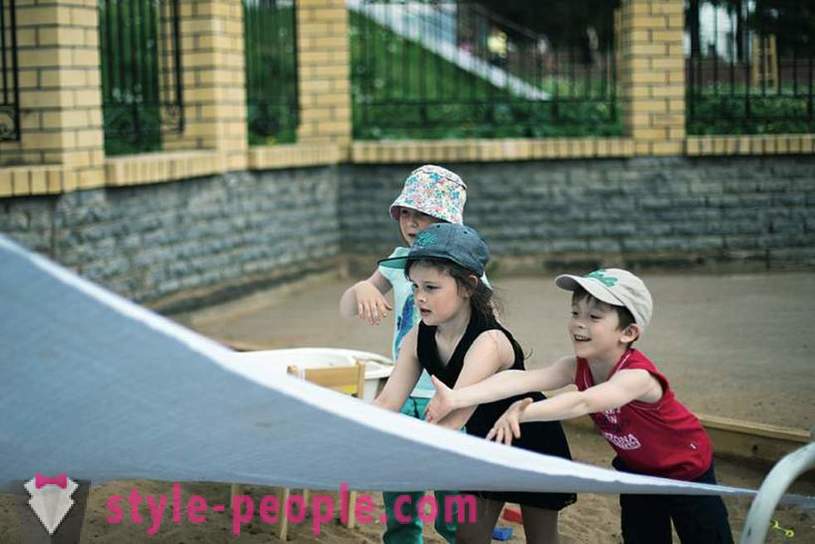
Kindergarten "Children's Village"
Kirov
The cost of a visit: 20 000 rubles per month
A graduate of the University of Finance under the Government of the Russian Federation Svetlana Bokova opened the "Children's Village" in 2012. It all started with a suitable garden searching for a second son. Now, under her leadership, has been operating for three kindergarten in Kirov.
At the heart of the educational program - the philosophy of Rudolf Steiner, founder of Waldorf education. At the same time the founder of the "Children's Village" stresses: "portion of the claim to the Waldorf gardens - in their obsession with the procedure that they do not want to change with the times. We are in the "Children's Village" think not only Steiner was so smart. We must start from the nature of the child and to use different methods: including Montessori, Reggio pedagogy, domestic developments. " Bokova said that the main thing in the preschool years - the feeling of immense love of self and the quality of the environment. Develops all, she says, the furniture made of natural materials, form, aesthetics interiors, people in this space - the janitor, parents, staff, especially their identity, even appearance and facial expression. Pupils in the "Children's Village" engaged in pottery, weaving, baking bread, sing Russian folk songs. Children are taught not to draw a pattern, play with colors, write and show your own fairy tale. "In the garden, a child needs to feel relaxed - maybe not at home, but at least like my grandmother - says Bokova. - Here the child may face unpleasant situations, he's in the team. We learn to solve problems constructively, to realize and live their emotions. However, this situation must be proportionate to the child's age. "
Side views on pedagogy does not always correspond to the idea of educating other parents. "Sometimes the mother, especially if they are at least a little bit of education, consider debt edit our program. But I believe in its effectiveness, though I understand that it is possible termination of the contract. Many seek to stuff the child with all sorts of knowledge and are willing to pay for it. Of course, in two years, you can teach a child to read, but why? "
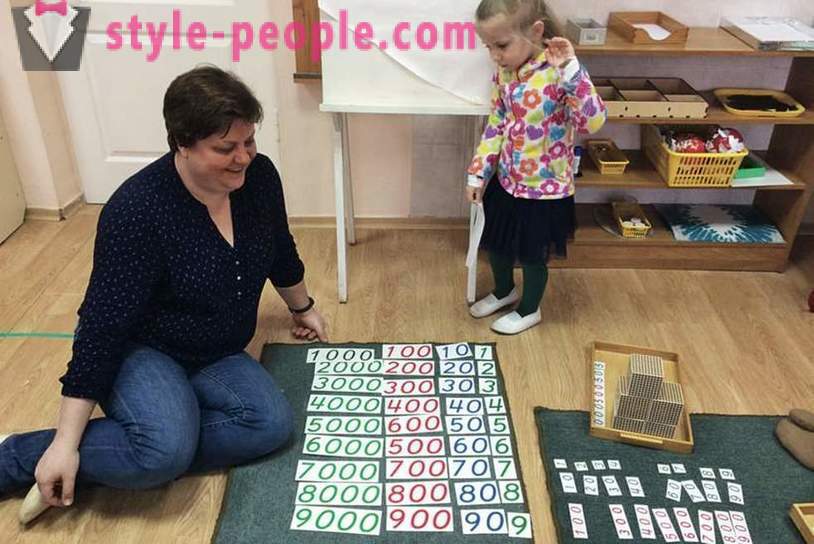
MBDOU №4 "Montessori"
Tomsk
Fee: 109 rubles per day
Montessori pedagogy - a fashionable thing. According to Vladimir Zagvozdkin of FIRO, alternative kindergarten programs in Russia are the most common, which is based on the principles of Maria Montessori. "In Russia there are several epicenters Montessori practices, one of them, of course, around Tomsk kindergarten Tatyana Kostenko," - says Tatiana Le Van from Moscow State Pedagogical University.
Tomsk kindergarten was opened in 1992 as a preschool level alternative school "Eureka development." He was so popular with Tomic that after seven years, the city administration has created on its basis "primary school-kindergarten" Montessori ". Tatyana Kostenko of diehard followers of the Italian humanist of the garden to this practice is not mixed with almost none of the other methods. The teacher is like a guide of the space group. His mission - to organize an environment that gives the "path" of the individual movement of each child in the study, teaching, and social development. Wednesday was to play a leading role in the development of the child, according to the followers of Montessori. Children in the garden are not divided by age: the older teach the younger, and the kids see their immediate future. Therefore the five-year children who are able to read and write, in the garden of Montessori is not uncommon. "And yet they are able to choose their own business like, agree with their peers, - said Kostenko. - And checking their hypotheses "






























